 The following funding opportunities have been announced. Please follow the links for more information:
The following funding opportunities have been announced. Please follow the links for more information:
AHRC. Digital Transformations Small Grants.Funding for projects up to a value of £50k is available for a maximum duration of 12 months in relation to the Digital Transformations in the Arts and Humanities Theme. Closing date: 27/11/2014 at 16:00
BBSRC. Follow-on Funding. A Follow-On Grant enables researchers who have a sound understanding of the market opportunity for their intellectual assets to execute a defined programme of work of up to two years in length for under £250k. Follow-On Fund projects must draw substantially on previous research funding by BBSRC. Closing date: 4/2/15
EPSRC
Bridging the Gaps between the Engineering and Physical Sciences and Antimicrobial Resistance. Up to £5M is available to support institutional Bridging the Gap awards to enable institutions to undertake a range of people-focused activities to facilitate interdisciplinary collaborations following the AMR research agenda. Closing date: 2/12/14 at 16:00
Fresh Ideas Fund. Bids are welcome from those with fresh ideas for platforms in innovative Class III, musculoskeletal medical device manufacturing. Awards are limited to a maximum value of £50K. Closing Date: 19/12/14
Future Manufacturing Research Hubs. EPSRC is inviting outline applications for a number of large-scale, multidisciplinary research Hubs to address major, long-term challenges facing manufacturing industries, as well as capture opportunities from emerging research areas. A total of £20 million is available to support two Hubs for seven years, which will each have a programme of innovative research in the engineering and physical sciences, related to the challenges in commercialising early stage research. The Hubs will feature high quality, multidisciplinary research, strong engagement with relevant manufacturing industries, and will take a leadership role in their national network. Closing date: 11/11/14 at 16:00
Transforming approaches to improving hearing aid technology. Transforming approaches to improving hearing aid technology. Proposals are invited to support multidisciplinary research collaborations, which are academically led and focussed primarily on the following research challenges: 1) Optimising hearing aid devices for individuals 2) Speech-in-noise performance in hearing aid devices 3) New methods of signal transduction. EPSRC expects to allocate between £3million and £5million through this call to innovative, multidisciplinary research projects. Closing date: 27/11/14 at 16:00
ESRC
Celebrating Impact Prize 2015. The prize celebrates outstanding ESRC research and success in collaborative working, partnerships, engagement and knowledge exchange activities that have led to significant impact. There are £90,000 of prizes to be won. Closing date: 20/11/14
Innovate UK
Building UK’s leadership in aerospace technology. Innovate UK is to invest up to £25m in collaborative research and development that supports the delivery of the priorities set out in the joint industry and Government industrial strategy for aerospace. Closing date: 28/1/15
Improving food supply chain efficiency. An investment of up to £11m in business projects to improve the resource efficiency and resilience of the food and drink supply chain will be made. Registration closing date: 26/11/14
Medical Research Council
Career Development Award (CDA). The CDA supports outstanding post-doctoral researchers who are not clinically active to consolidate their research skills and make the transition from post-doctoral researcher to independent investigator. Awards are made under the full economic costing framework (FEC)opens in new window. There is no limit to the funding that can be requested under the scheme, but requests should be appropriate to the project. Closing date: 28/04/2015
Senior non-clinical fellowship (SNCF). Applicants should hold a PhD (or equivalent) and have at least six years’ post-doctoral research experience at the time of application closing date. The SNCF provides full personal salary costs, together with support for research staff, consumables expenses, travel costs and capital equipment appropriate for the research project. Closing date: 28/04/2015
NERC
Standard Grants. This is an open competition for curiosity-motivated basic, strategic or applied research. The minimum that can be requested per complete proposal and per component is £65,000 (100% Full Economic Cost) and the maximum for the complete proposal is £1·2m (100% Full Economic Cost). Closing date: 20/1/15
Follow-on Fund. This fund picks up where research programme and discovery science (responsive mode) grants leave off and enables those research outputs to be further developed so their commercial potential can be realised. As a pilot, for the autumn call there is the opportunity to apply for up to £250k. Closing date: 18/12/2014
Innovation Projects call. The call will support projects that are likely to generate little or no commercial return, but which will deliver impact. Activities can include products, models, tools, internships or secondments. Closing Date: 18/12/14
Programme coordination: environmental risks to infrastructure innovation programme. Tenders are welcome from teams or individual or to support and coordinate the delivery of and Innovation Programme working with leading infrastructure owners, operators and engineering consultancies to translate science into tangible benefit to the UK economy. Closing Date: 29/10/2014
Toshiba Fellowship Programme. The Toshiba Fellowship Programme (TFP) offers outstanding scientists an opportunity to apply to join Toshiba’s research and development laboratories in Japan, initially for one year, on a Research Fellowship Contract. Closing date: 5/12/14
Please note that some funders specify a time for submission as well as a date. Please confirm this with your RKE Support Officer.
You can set up your own personalised alerts on ResearchProfessional. If you need help setting these up, just ask your School’s RKE Officer in RKE Operations or see the recent post on this topic, which includes forthcoming training dates up to November 2014.
If thinking of applying, why not add notification of your interest on ResearchProfessional’s record of the bid so that BU colleagues can see your intention to bid and contact you to collaborate.
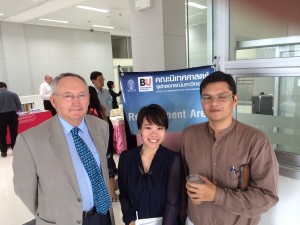
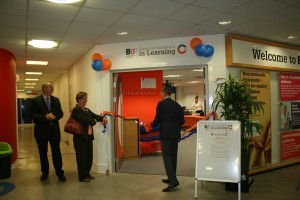






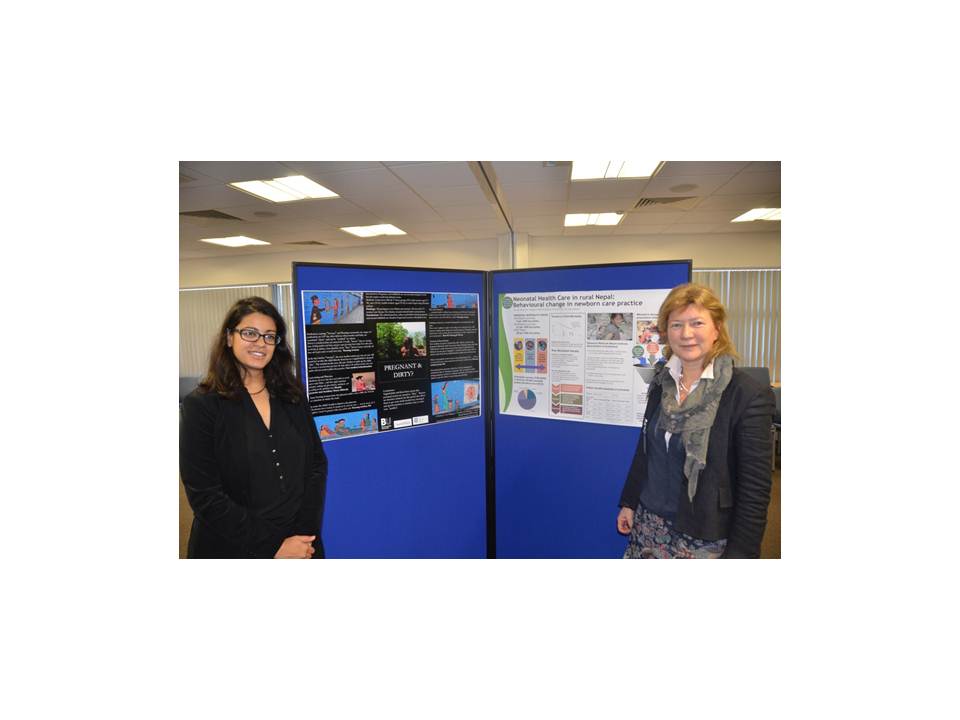

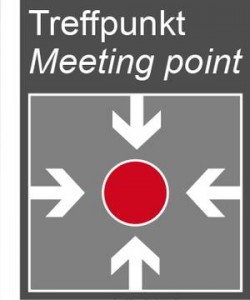

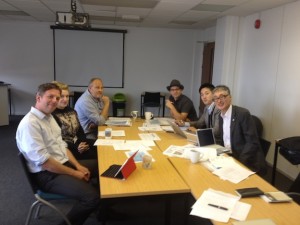












 Fourth INRC Symposium: From Clinical Applications to Neuro-Inspired Computation
Fourth INRC Symposium: From Clinical Applications to Neuro-Inspired Computation Writing policy briefs
Writing policy briefs Upholding Excellence: The Concordat to Support Research Integrity
Upholding Excellence: The Concordat to Support Research Integrity Today’s Documentation Will Serve Tomorrow’s Justice
Today’s Documentation Will Serve Tomorrow’s Justice ECR Funding Open Call: Research Culture & Community Grant – Application Deadline Friday 12 December
ECR Funding Open Call: Research Culture & Community Grant – Application Deadline Friday 12 December MSCA Postdoctoral Fellowships 2025 Call
MSCA Postdoctoral Fellowships 2025 Call ERC Advanced Grant 2025 Webinar
ERC Advanced Grant 2025 Webinar Horizon Europe Work Programme 2025 Published
Horizon Europe Work Programme 2025 Published Horizon Europe 2025 Work Programme pre-Published
Horizon Europe 2025 Work Programme pre-Published Update on UKRO services
Update on UKRO services European research project exploring use of ‘virtual twins’ to better manage metabolic associated fatty liver disease
European research project exploring use of ‘virtual twins’ to better manage metabolic associated fatty liver disease